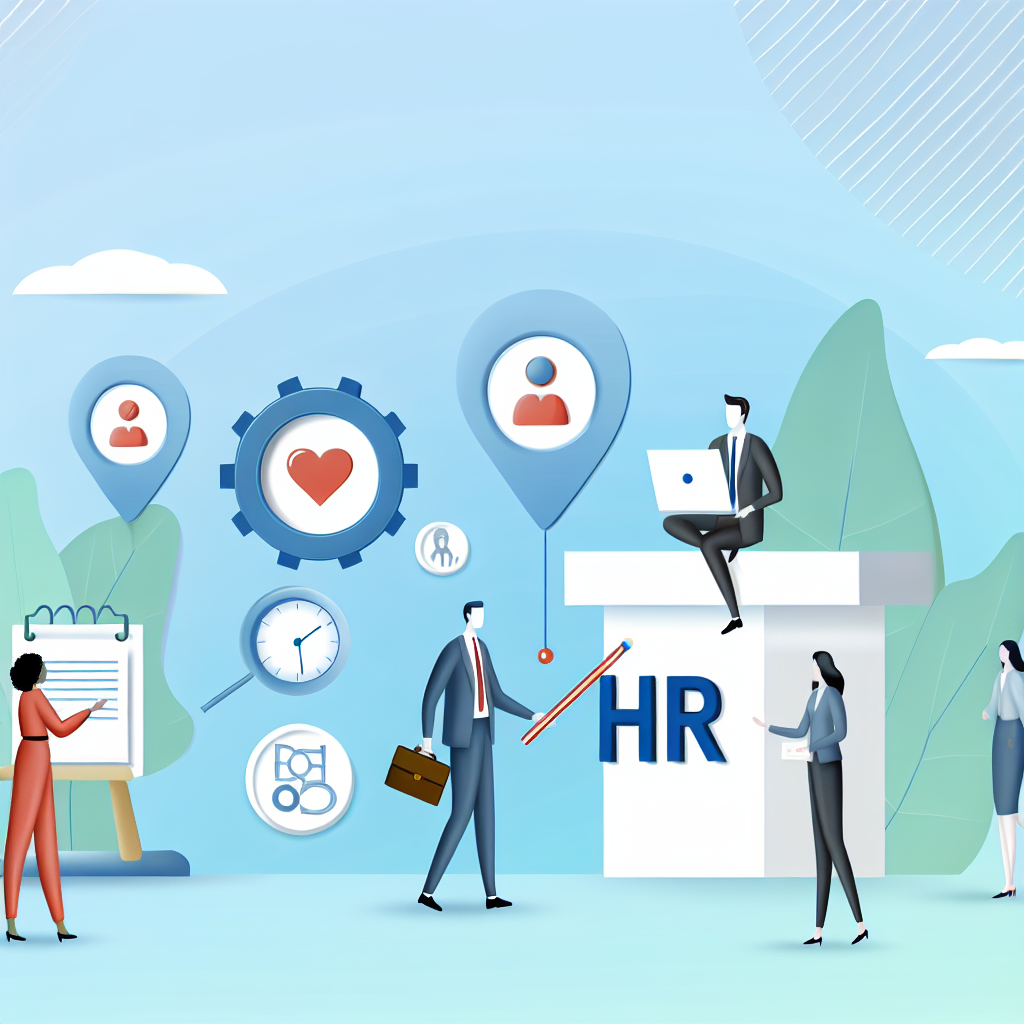
In today’s fast-paced business landscape, the role of Human Resource professionals has evolved significantly. With the rise of technology and the demand for strategic thinking, professional-level HR is more crucial than ever. But what exactly does it entail? Let’s delve into the essential characteristics, significance, current trends, and key benefits of professional-level HR, providing a structured overview tailored for Human Resource professionals.
Definition and Characteristics of Professional-Level HR
Definition: Professional-level HR refers to positions within the Human Resources sector that demand a comprehensive understanding and expertise in various HR functions. These roles are characterised by significant responsibilities, decision-making authority, and interactions with a variety of stakeholders, including senior management. Attaining certifications like the Certified Professional in Human Resources (CPHR) or the Professional in Human Resources (PHR) is often necessary to qualify for such positions.
Characteristics of Professional-Level HR
- Independence of Actions: Individuals in professional-level HR roles often engage in critical decision-making processes independently, demonstrating a high degree of autonomy in their work.
- Depth of Work Requirements: These positions require advanced skills in data analysis and management of intricate HR functions, ensuring informed decisions are made that align with organisational goals.
- Level of Interaction: Professional HR practitioners regularly interact with a diverse set of contacts, requiring exceptional communication and interpersonal skills to foster collaboration and alignment.
- Responsibility for Work Outcome: Professionals at this level are accountable for the impact of their decisions, signifying their role in shaping HR strategies and practices.
The Significance of Professional-Level HR
As organisations navigate an increasingly complex business environment, the role of professional-level HR is paramount. Here are some reasons why:
- Strategic Alignment: Professional-level HR professionals play a critical role in aligning HR initiatives with business objectives. They assist in developing and implementing policies that can significantly improve organisational performance.
- Enhanced Credibility: By embodying professionalism and expertise, they enhance the credibility of the HR function within organisations, leading to improved employee morale and trust.
- Compliance and Competitiveness: The fast-pace of changes in employment laws and workplace technologies necessitates that HR professionals maintain compliance and keep the organisation competitive in the market.
Current Trends Affecting Professional-Level HR
Staying ahead in HR requires an understanding of emerging trends that impact the profession. Here are some current trends shaping professional-level HR:
- Digital Literacy: The significance of being digitally literate is escalating. HR professionals must possess the capability to generate, interpret, and utilise data from various HR Information Systems (HRIS) to influence decision-making.
- Coaching and Development: The role of HR is increasingly centred around coaching and developing talent. Professionals must guide individuals towards reaching their potential while aligning their skills with organisational aims.
- People Analytics: With the rising importance of data, HR professionals are required to harness analytics to provide valuable insights to organisational leaders, guiding strategic people-related decisions.
Key Benefits of Professional-Level HR
Pursuing a career at the professional level offers several benefits. Here are some key advantages:
- Career Advancement: Certifications such as PHR or CPHR greatly bolster career prospects, opening doors to higher-paying jobs and leadership opportunities.
- Enhanced Job Security: Earning a professional HR certification highlights a dedication to ongoing professional development, making individuals more appealing to potential employers.
- Improved Organisational Performance: Equipped with the necessary skills to tackle complex HR challenges, certified HR professionals can significantly enhance employee engagement and overall organisational efficiency.
Conclusion: The Critical Role of Professional-Level HR
Professional-level HR is integral to fostering organisational success. The blend of strategic insight, operational effectiveness, and expertise not only elevates the HR function but also contributes to broader organisational aims. As the industry continues to change, HR professionals who stay updated with current trends and enhance their capabilities through certifications will find themselves at the forefront of organisational development. For those seeking to harness their skills in this dynamic environment, embracing these principles will undoubtedly lead to fruitful career growth and organisational advancement.
For additional insights and resources on professional-level HR, check out the following sources:
- CPHR Nova Scotia: Defining HR Professional Level Experience
- AIHR: 18 HR Skills Every HR Professional Needs [2024 Guide]
- Aurora Training Advantage: The Importance of HR Certification in Today’s Workplace
- UTSA: Why Invest in Your HR Career: The ROI of PHR Certification
- Coursera: What Is PHR Certification, and Do You Need It?
As we look ahead, those committed to professional-level HR will undoubtedly lead the way in transforming organisations to meet future challenges.
Vadim Kouznetsov is a distinguished entrepreneur and the visionary founder and CEO of JobXDubai.com, the UAE’s rapidly expanding job board. Renowned for his expertise in bridging the gap between job seekers and employment opportunities, Vadim has become a leading authority in the recruitment and job market of Dubai.
